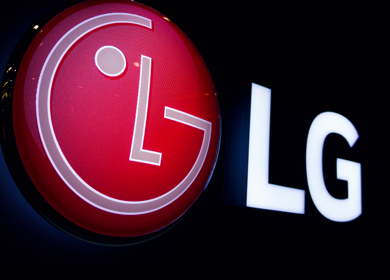Is the metaverse taking a backseat? Will it take off in the future?
Published: May 25, 2023

The buzziest topic in 2021 and 2022 in the tech industry is none other than the metaverse. And, particularly after Mark Zuckerberg adopted Meta as their parent company’s identity, the hype around the term "metaverse" peaked.
Given the potential opportunities, major brands such as Disney, Procter & Gamble, Gucci, and Epic Games created a new position for the company called chief metaverse officer.
However, this big thing did not move at the rate that the entire business world expected. And, as a result of uncertain returns on investment and waning interest in the space, the metaverse buzz has waned in recent months.
On one side, Disney closed its metaverse team, while on the other, Meta, ostensibly one of the most serious proponents of the virtual ecosystem, ended its brief experiment with NFT functionality.
These fluctuations have called into question the sustainability of a chief metaverse officer.
Gucci and Epic Games' metaverse leaders have left, and they may not be looking for replacements.
Then there are marketers like American Eagle, which quietly dropped the term "metaverse" from a job title that had formerly included it in order to expand the position's scope. To put it in detail, Nathan Poekert was appointed director of social media, culture, and metaverse marketing in February 2021, but that role was changed last month to director of social media and digital innovation.
In the meantime, some brands are sticking with their metaverse appointees.
Camille Kroely, who was appointed as chief metaverse and Web3 officer at L'Oréal, is still in the position. In fact, last month, the company invested in metaverse startup Digital Village.
Furthermore, brands such as Crate & Barrel and LVMH confirmed that they continue to have a dedicated role to oversee their Metaverse and web3 initiatives.
What does it signal to marketers?
There is no doubt that grace towards the metaverse has waned in recent months. However, this does not imply that the metaverse has died or will cease to exist in the future.
In fact, not every brand that took a step forward is now taking a step back.
When some believe AI is to blame for the decline in interest in the metaverse, brands such as Roblox have made a ground-breaking move by harnessing the power of AI to expand metaverse opportunities. These types of use cases eliminate the notion of choosing one over another (artificial intelligence or the metaverse).
Indeed, Web3 and Metaverse are evolution and revolution in web technology. It tends to cause a paradigm shift in the digital landscape. It encompasses numerous advancements and improvements to existing technologies, such as fresh ideas, methodologies, and frameworks that entirely change the way websites and web applications are built and used.
Initially, brands moved quickly towards the metaverse because they did not want to fall behind in the race. And now some are taking a step back. Unfortunately, for many brands, the metaverse did not take off as expected.
It is obvious that brands will accept and adopt any new technology only when they see a return on their investment. With the metaverse, brands and marketers have yet to find a clear path to capitalise on its potential.
However, we believe this metaverse will kick off for sure. Because it can offer so many opportunities for marketers and brands that they can’t accomplish easily otherwise,
- Considering the current stringent privacy regulations, the enhanced data ecosystem in the metaverse is a huge plus for marketers. While respecting user privacy and consent, they can deliver highly personalized and targeted advertising messages based on users' preferences and behaviours. This will, in turn, help them do precise targeting and increase engagement rates.
- Marketers can use decentralized finance (DeFi) and tokenization concepts to incentivize user engagement, reward loyal customers, and thereby foster deeper engagement and even monetization opportunities with their community.
- The concept of the metaverse revolves around user participation and content creation. Thus, marketers may utilise user-generated content to strengthen their brand presence and foster user advocacy by providing tools and platforms for users to create content related to their brand.
- Marketers can involve their target audiences in decision-making processes ranging from product development to corporate governance, as Web3 technologies encourage decentralisation and community governance. This way, a sense of ownership will be created, which may result in more loyal and engaged brand communities.
Long story short, brands cutting down metaverse investments and reassessing the metaverse positions in the company makes sense given the lack of clarity among brands, marketers, and technologists to find a way to see good returns. However, we believe the situation will gradually change and progress, especially with the integration of AI capabilities.










Be the first one to comment.